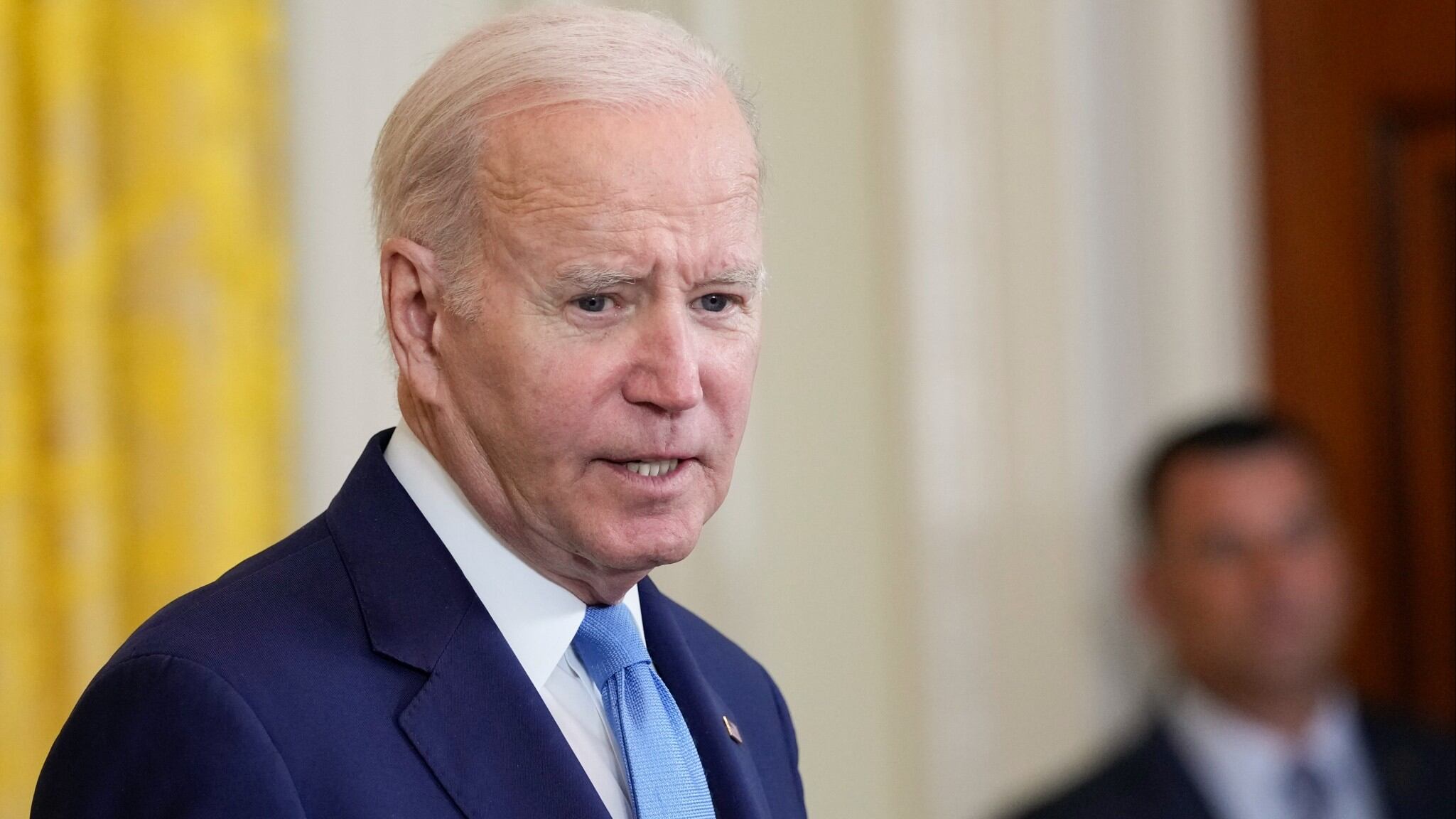WASHINGTON (AP) — President Joe Biden's administration on Tuesday announced new rules meant to push insurance companies to increase their coverage of mental health treatments.
The new regulations, which still need to go through a public comment period, would require insurers to study whether their customers have equal access to medical and mental health benefits and to take remedial action, if necessary. The Mental Health Parity and Addiction Equity Act requires that insurers provide the same level of coverage for both mental and physical health care — though the administration and advocates argue insurers' policies restrict patient access.
The rules, if finalized, would force insurers to study patient outcomes to ensure the benefits are administered equally, taking into account their provider network and reimbursement rates and whether prior authorization is required for care.
“Too many Americans still struggle to find and afford the care they need,” the White House said in an emailed statement.
The Democratic president's administration said it's aiming to address issues such as insurers enabling nutritional counseling for diabetes patients but making it more difficult for those with eating disorders.
By measuring outcomes, the White House said, it will force insurers to make modifications to come into compliance with the law.









